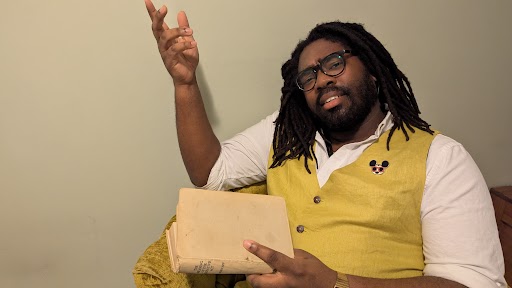September 25, 2025
Trump's Unsubstantiated Tylenol Claims Fuel Renewed Legal Battles Over Autism Links

Tylenol, the common pain reliever slightly more effective than spit according to some, is back in the legal spotlight. Despite its modest potency in managing minor ailments like pregnancy cramps or fevers, Tylenol has become the centerpiece of a renewed controversial claim propagated by former President Donald Trump. Trump, whose previous endorsements included unscientific COVID cures like bleach and horse de-wormer, claimed a connection between Tylenol usage during pregnancy and the incidence of autism in children—a statement as perplexing as his pronunciation of 'acetaminophen.'
This assertion by Trump, despite being scientifically dubious, has ignited a resurgence of legal action. Families whose lawsuits were previously dismissed are now pushing for the courts to reconsider their cases. In 2023, these claims were rejected by U.S. District Judge Denise Cote in Manhattan, who criticized the plaintiffs' expert witnesses for lacking credible scientific methodology, citing their "unstructured approach" which allowed for "cherry-picking" and a "results-driven analysis."
However, emboldened by Trump's recent pronouncements, these families are appealing, hoping that his high-profile commentary will influence the legal proceedings. Their attorney, Ashley Keller, argues that a jury should hear from the same experts recognized by the former administration, suggesting that to do otherwise would pose constitutional concerns regarding the separation of powers.
The legal community and observers are gearing up for what promises to be a contentious series of oral arguments set for October 6. Critics of this renewed legal push have pointed to the broader implications of endorsing scientifically unsupported claims in legal settings. This scenario echoes other instances where political figures have dismissed overwhelming scientific consensus in favor of fringe theories.
As this case progresses, it serves as a potent reminder of the complex interplay between science, law, and political rhetoric. The outcome could set significant precedents on how scientific evidence is treated in the legal system, potentially influencing future cases where medical science and legal claims intersect. Meanwhile, legal experts, scientists, and concerned citizens alike are bracing for the ramifications of this case—not just on the families involved, but on the credibility and integrity of science in the judiciary process.